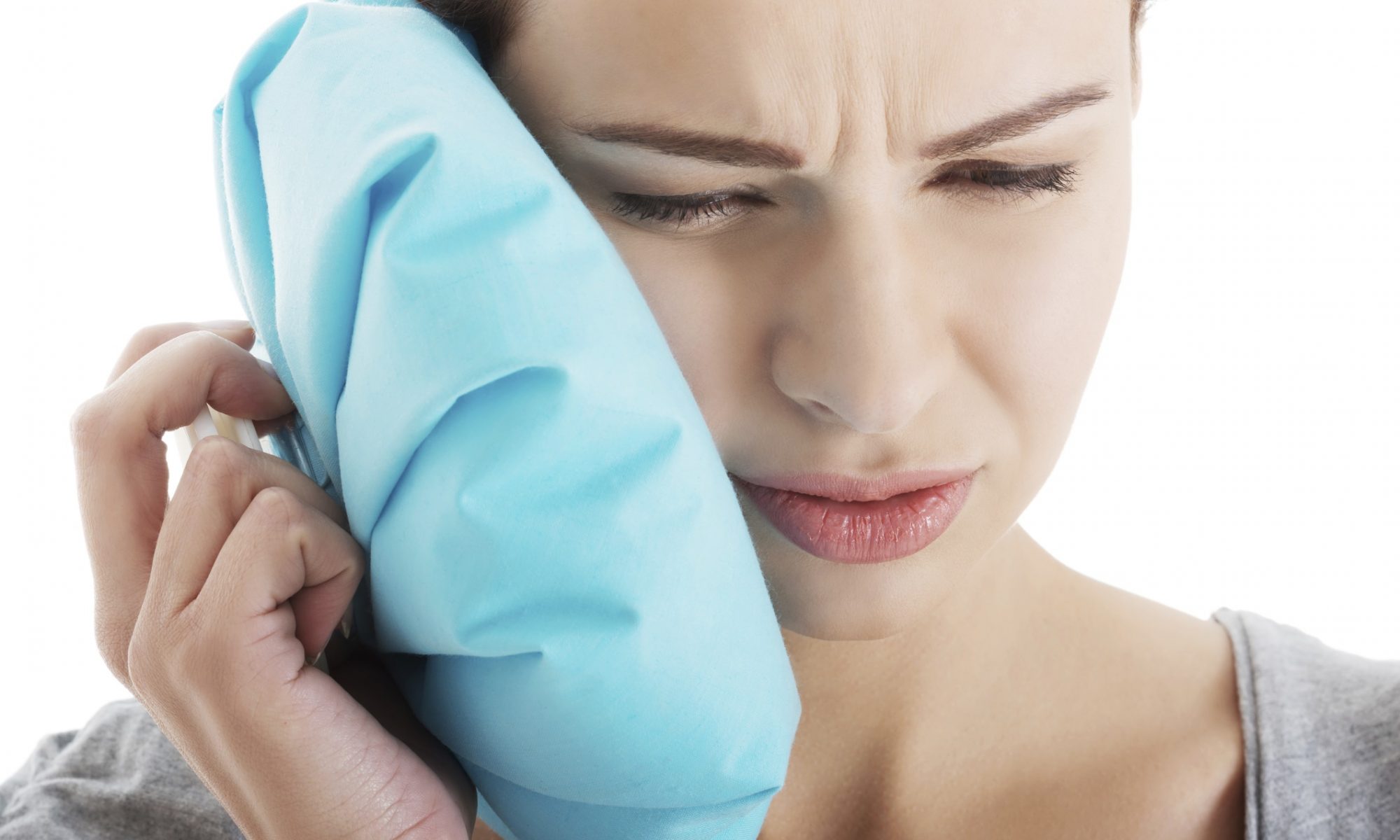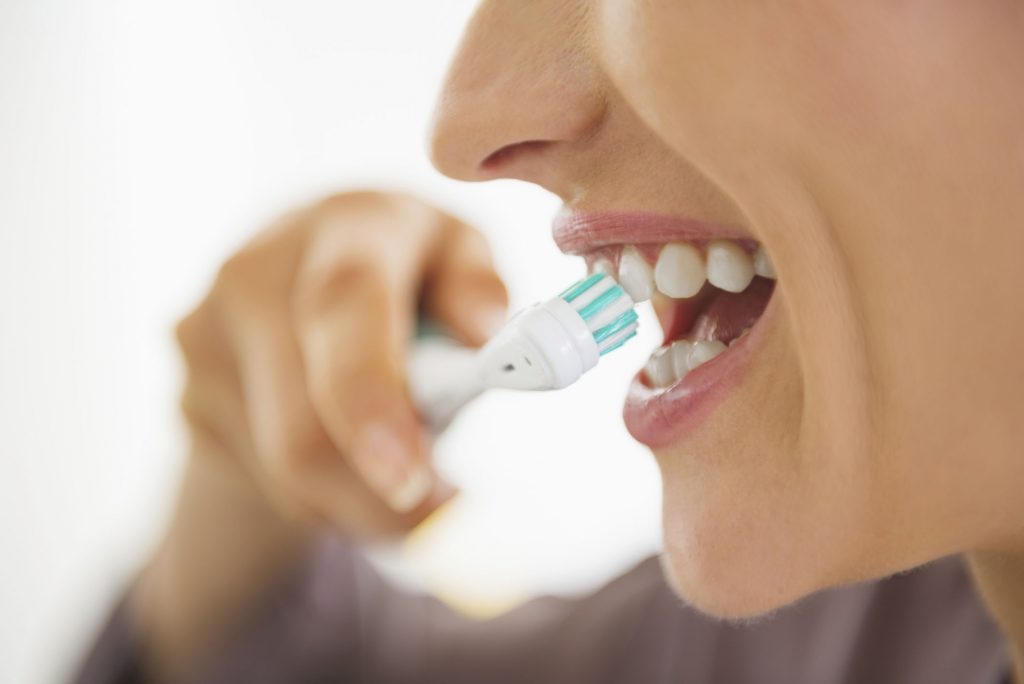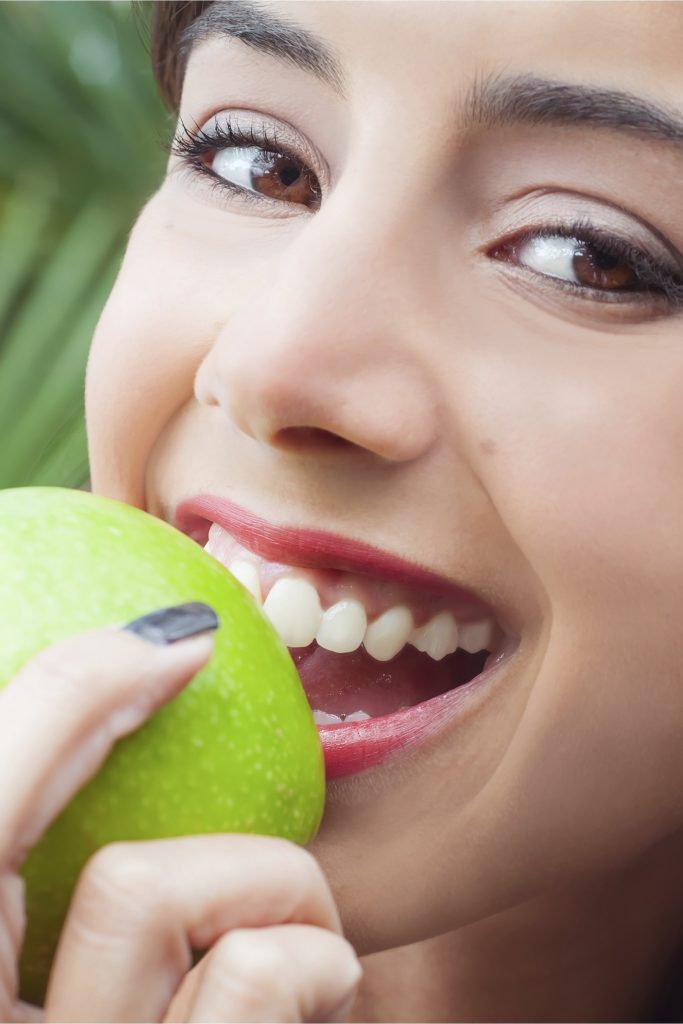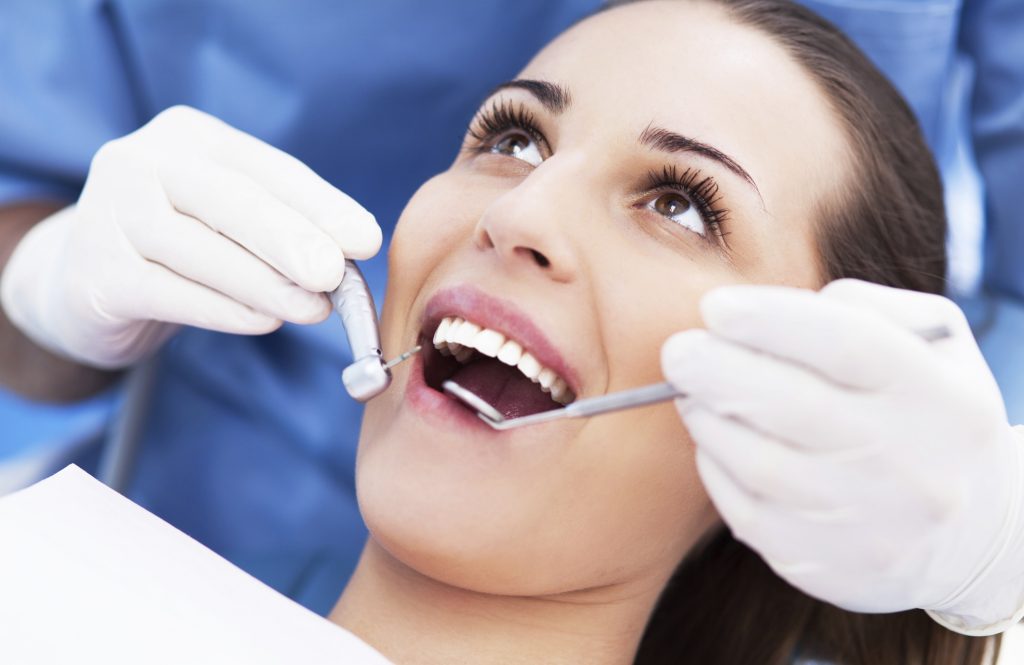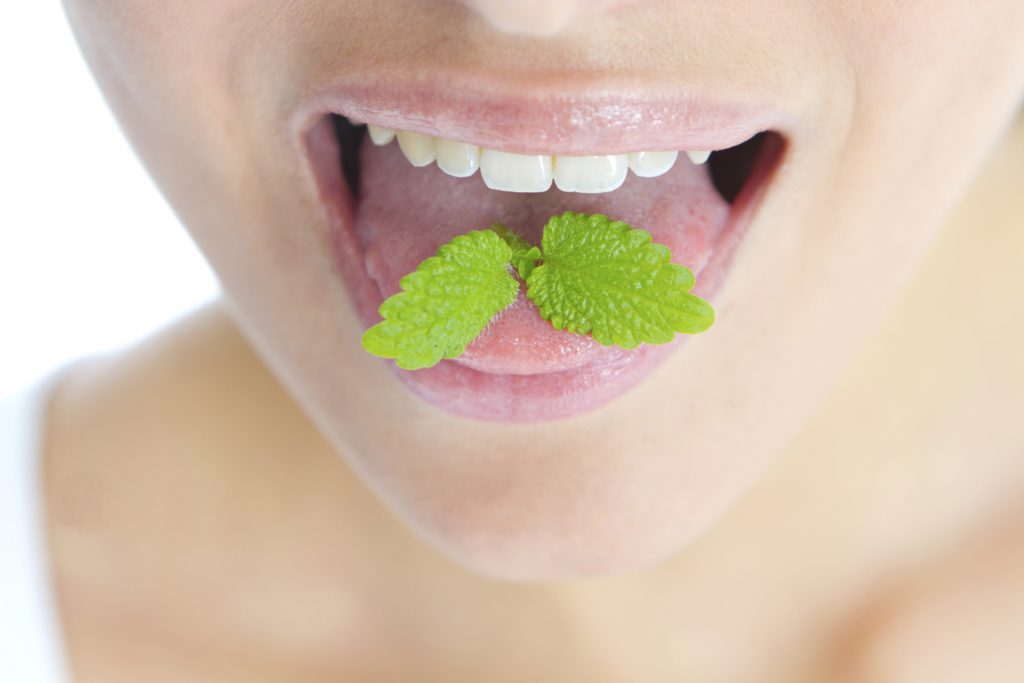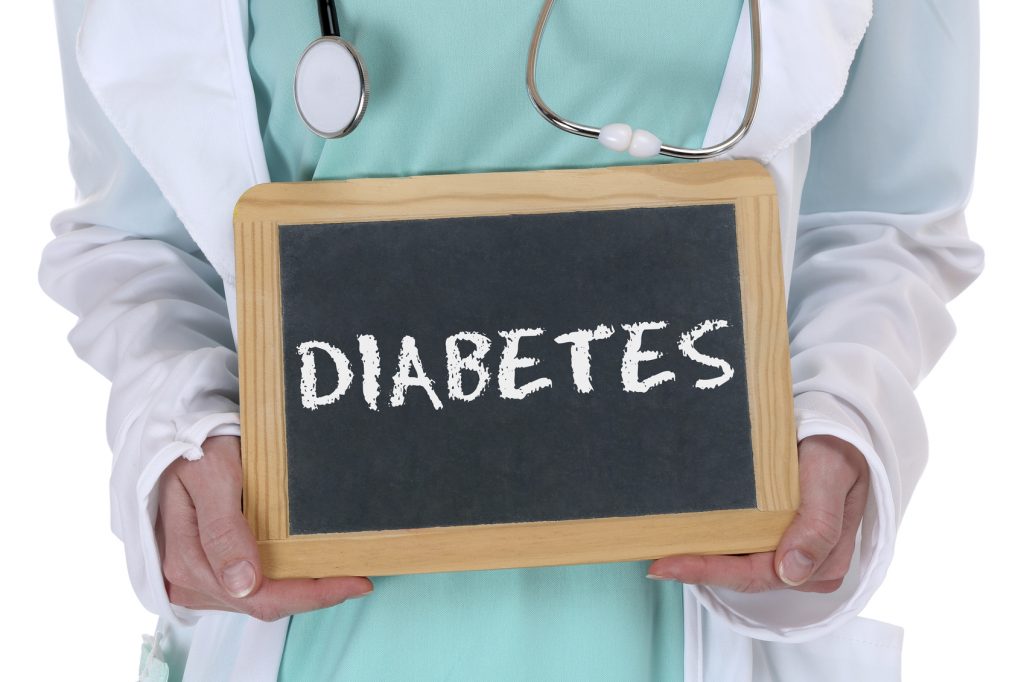We all know that brushing our teeth for two minutes, twice a day along with regular dental visits contributes to positive oral health. Oral infections occur as a result of not practicing consistent oral hygiene routines. Here are some of the most common oral infections that may result from poor oral hygiene.
Canker Sores– These are cuts that develop on the gums and other mouth tissues and are common in children and teens. Vigorous brushing, cheek bites, and sports injuries – as well as hormones and immune problems, may lead to canker sores.
Oral Herpes– According to centerforbeautifulsmiles.com, “50-80 percent of American adults” carry the Herpes Simlex Virus. This can lead to “blisters and ulcers on the gums and tongue, flu-like symptoms, or no symptoms at all.” While there are things individuals can do to keep the virus dormant, an outbreak may last ten days to two weeks.
Gingivitis– Simply put, Gingivitis is inflammation of the gums. It is the precursor to Periodontitis, the escalation of Gingivitis should it go untreated. Gingivitis is the result of plaque buildup that spreads from the gums to the ligaments that support the teeth.
Periodontal Disease– When left untreated, Gingivitis may spread below the gum line, affecting the supportive tissues and bone of our teeth. This progression is known as Periodontal Disease which deteriorates these support leading to the potential loss of teeth and may even spread to the lungs causing pneumonia.
Hand, Foot, and Mouth Disease– Toddlers and school-aged children are the most susceptible to Hand, Foot, and Mouth Disease. The virus Coxsackie A16 is spread by direct contact with saliva and mucus; children are particularly unconscious of their direct exposure to these fluids. Children may experience fever, sore throat, and the development of painful blisters on their body but should only last a few days.
Herpangina– Similar to Hand, Foot, and Mouth Disease, Herpangina typically affects children and presents itself with fever symptoms and difficulty swallowing. Yet, unlike Hand, Foot, and Mouth Disease, it forms blisters on the back of the mouth that once ruptured, become ulcers. Symptoms typically only last a few days.
If you have questions or concerns about salt water rinse, make an appointment today with Dr. Schnall at 212-247-7059 or visit our website at www.philipschnalldmd.com.
Dr. Philip Schnall proudly serves Central Park West and all surrounding areas.
